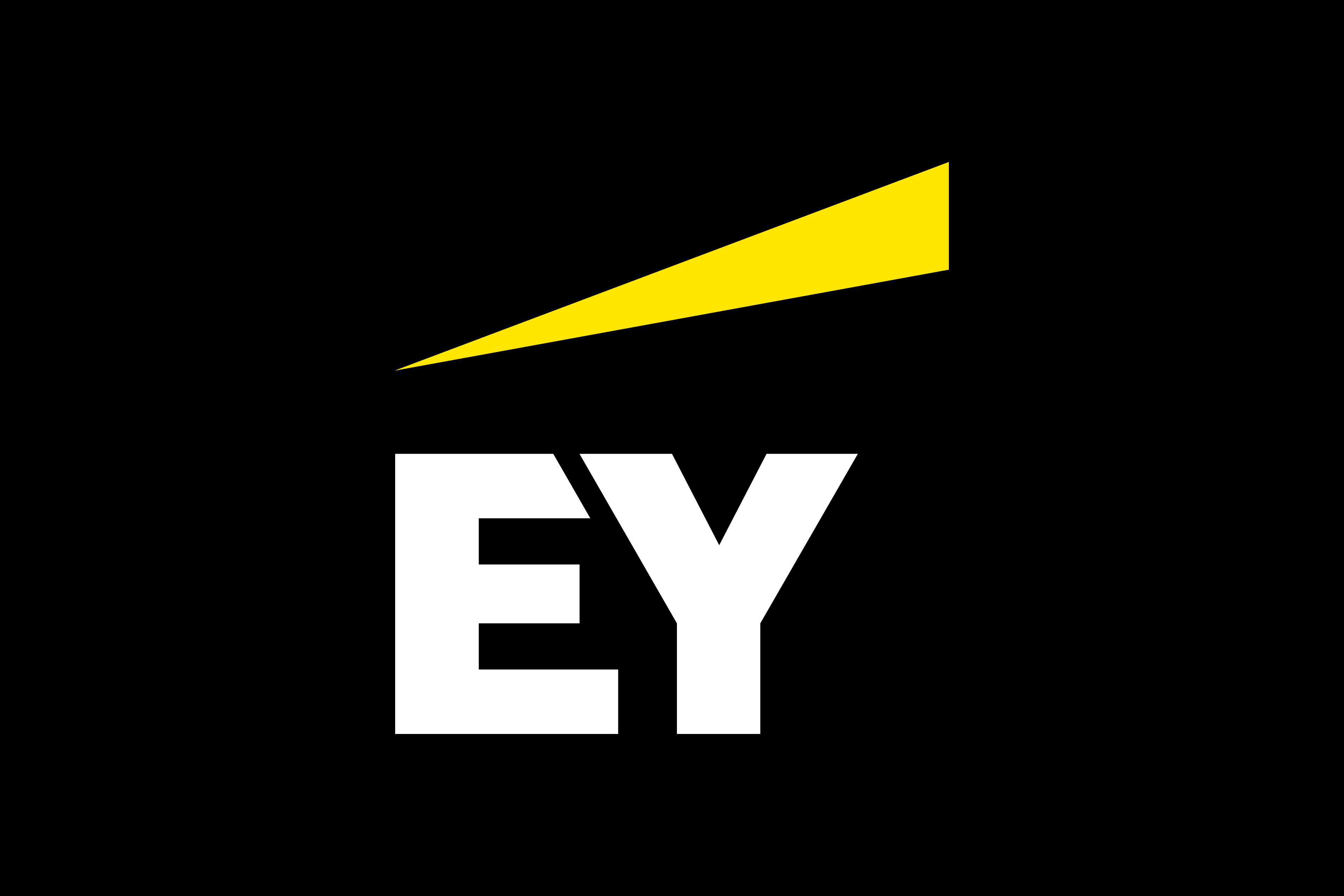EY refers to the global organization, and may refer to one or more, of the member firms of Ernst & Young Global Limited, each of which is a separate legal entity. Ernst & Young Global Limited, a UK company limited by guarantee, does not provide services to clients.

Introduction
During one of the most notorious referenda in history, the British people voted to leave the European Union on June 23rd, 2016. During its lengthy (and unfinished) unravelling, Brexit’s impact on the trade between Flanders and the UK is staggering: Flemish export to the UK dropped from nearly 28 billion euros in 2016 to 24 billion euros in 2021. Despite this clear decrease, the UK is still Flanders’s fourth most important export partner, accounting for about 6.25% of the total Flemish export value. Consequently, current British trade policies as well as potential changes in the near future could still heavily impact the Flemish economy in the years to come. In order to reduce this negative impact, Europe and Flanders have created a number of subsidy instruments to support companies in their Brexit mitigation strategy. Following the recent start of the Brexit Adjustment Reserve, (almost) all Flemish companies who experienced a direct negative impact of Brexit on their business can now rely on government support. In this article, we present an overview of the three main Brexit support measures in Flanders.
Brexit Adjustment Reserve (BAR)
Although chronologically the last measure to come into effect, the Brexit Adjustment Reserve (BAR) is the broadest of all measures to support companies in adjusting their strategy and business model in the wake of Brexit. Both large companies and SMEs (except those active in the financial sector) can benefit from this aid. Non-profit organisations, sector federations and governmental entities are equally eligible. The most important requirements are proof of an established trade relation with the UK prior to Brexit and an accurate quantification of the negative impact of Brexit on company revenue and/or costs. The latter can in some cases be difficult in a time also marked by COVID19 and the war in Ukraine.
The goal of the BAR is to reduce the negative impact of Brexit on Flemish companies by providing financial support for temporary costs to be done to maintain the pre-existing trade relationship with the UK. Examples of those fundable activities are: measures to counter longer transit times and/or travel restrictions, efforts to meet new certification requirements or hiring personnel to deal with new customs formalities. These costs should be incurred between January 1st, 2020 and December 31st, 2023. The total amount of BAR support amounts to 80-100 % of acceptable costs. Interested companies have until July 1st, 2023 to submit their application to VLAIO.
Do you have a concrete project idea or would you like to know more about the BAR? Feel free to contact one of our experts at EY Subsidia through info.subsidia@be.ey.com.

Brexit Resilience Subsidy (BRS)
For SMEs only, another subsidy instrument is available for mitigating the negative impact Brexit has had on their business: the Brexit Resilience Subsidy (BRS). The BRS is aimed specifically at SMEs who need to reorient their business model or their operations management following the changed market conditions due to Brexit. The application consists of a project proposal to acquire strategic knowledge necessary for the aforementioned transformation.
The total amount of support amounts to 50% of acceptable costs, with a maximum of € 25 000 for personnel and overhead costs of external service providers and € 25 000 for personnel, overhead and operating costs of the company itself. The aid ceiling differs for companies operating in agriculture or horticulture (€ 20 000) and fisheries or aquaculture (€ 30 000). The deadline for submission of BRS to VLAIO is December 31st, 2022.
Do you have a concrete project idea or would you like to know more about the BRS? Feel free to contact one of our experts at EY Subsidia through info.subsidia@be.ey.com.

FIT Special Brexit Export Support
Next to VLAIO, Flanders Investment & Trade (FIT) has an open call for support Flemish SMEs (with at least 5 FTEs on payroll) who have a demonstrable export experience in the UK and who seek to relaunch exports after Brexit. Coined “Special Brexit Export Support”, FIT will support costs related to customs software systems, shipping costs, registration, certification, digital marketing and many others. SMEs who want to diversify their exports towards markets other than UK following Brexit, are also eligible. The support is fixed at € 10 000 per company, but the deadline for submission is approaching fast: June 30th, 2022.
Do you have a concrete project idea or would you like to know more about the Special Brexit Export Support? Feel free to contact one of our experts at EY Subsidia through info.subsidia@be.ey.com.

Conclusion
The BAR forms the final piece of the puzzle in terms of government support to alleviate the negative impact of Brexit on Flemish companies. Depending on sector and company size, some instruments are more appropriate than others.
Interested? Do not hesitate to contact us at info.subsidia@be.ey.com! At EY Subsidia, our subsidy experts are always keen to provide you with all the advice and support you need, both prior, during and after submission of a subsidy application. This alert focuses solely on Brexit mitigation measures, however you can also reach us with burning questions about subsidies and incentives for export, R&D, investments, sustainability and HR.
